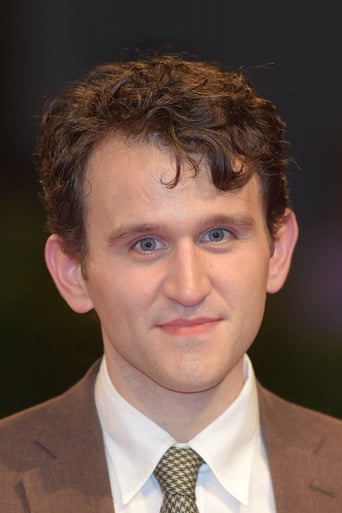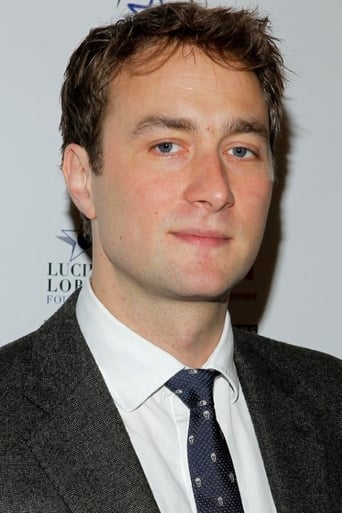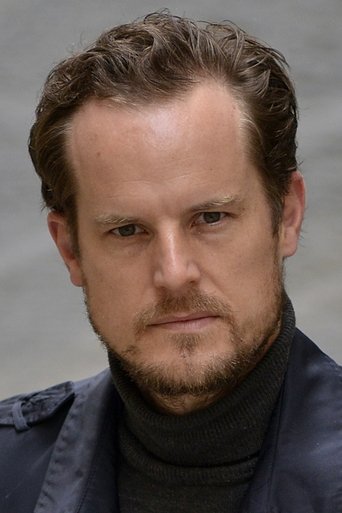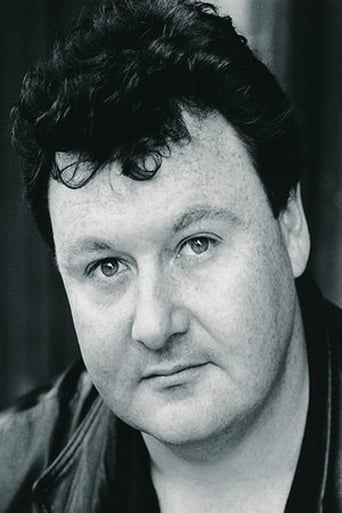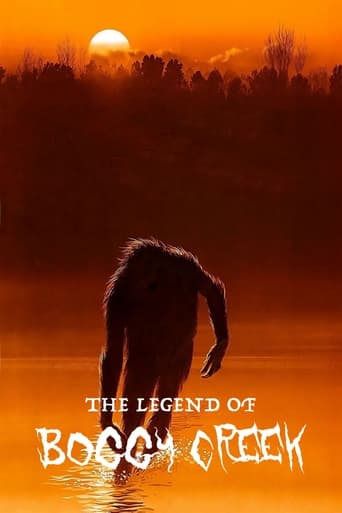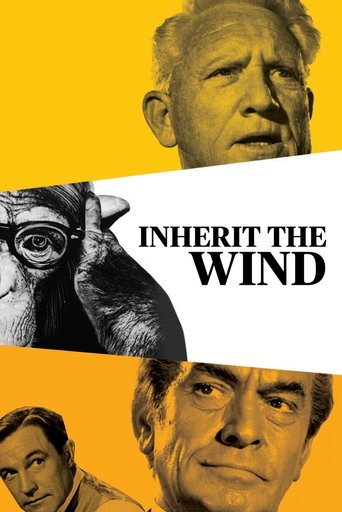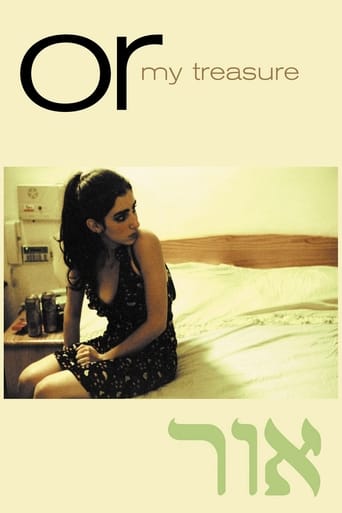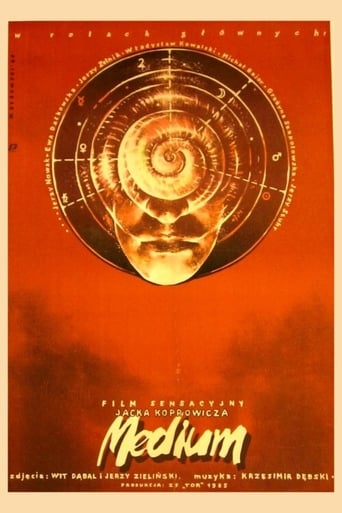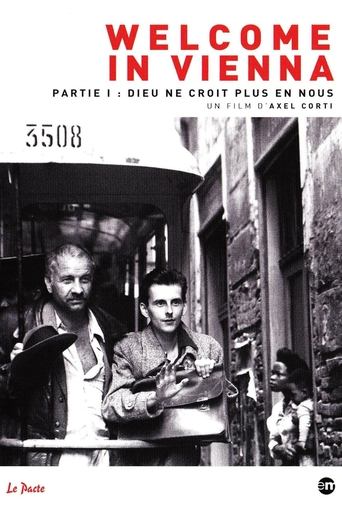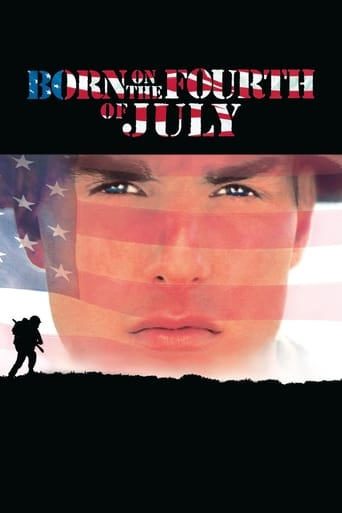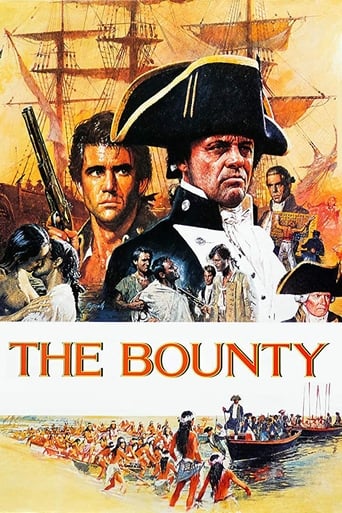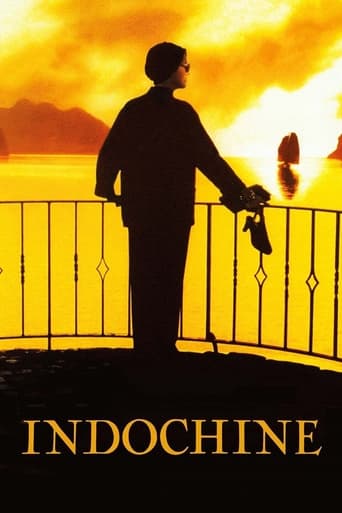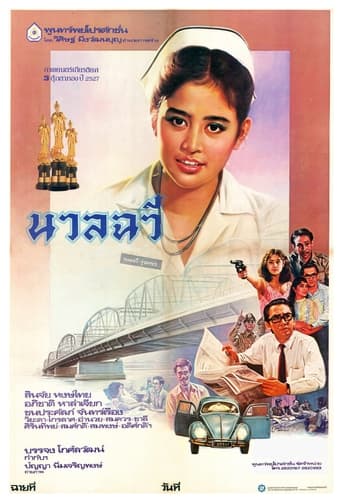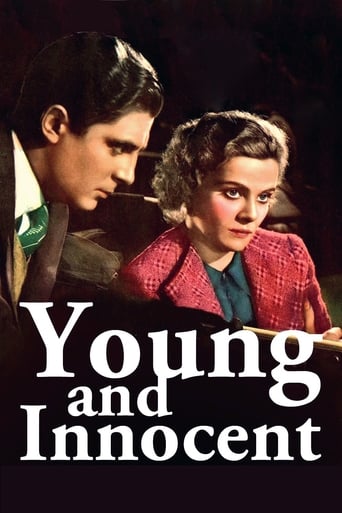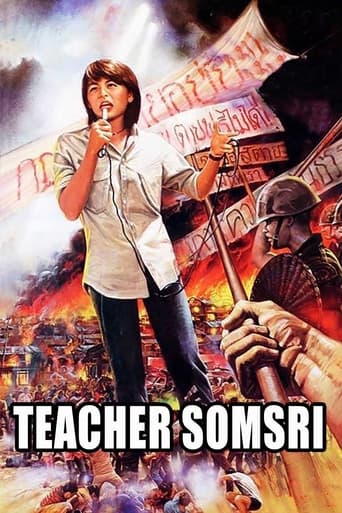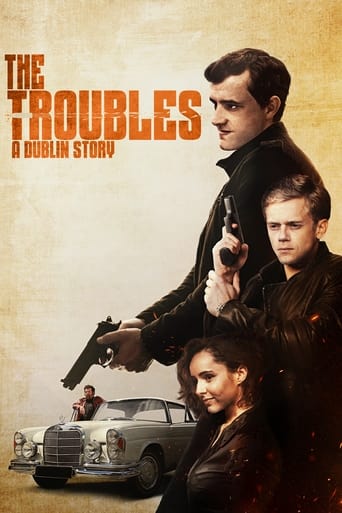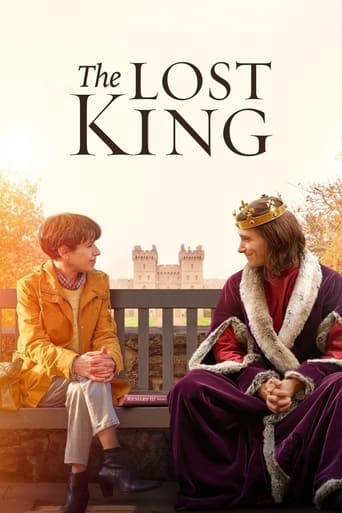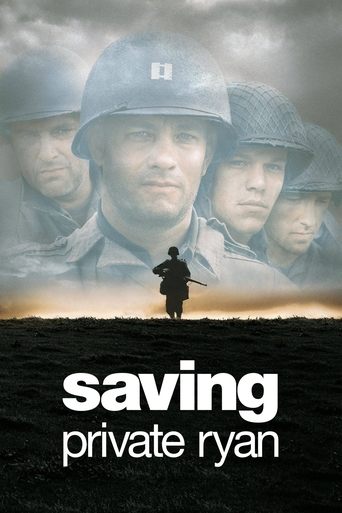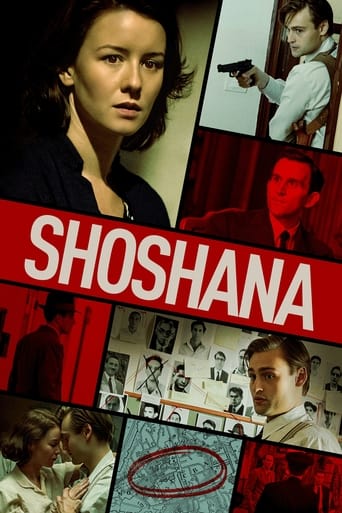
Shoshana (2024)
A political thriller that unfolds during the British Mandate in 1930s Tel Aviv, following two British police officers, Thomas Wilkin and Geoffrey Morton, in their hunt for poet and Zionist activist Avraham Stern, who is plotting to evict British authorities.
- Michael Winterbottom
- Laurence Coriat
Rating: 6.679/10 by 28 users
Alternative Title:
肖莎娜 - CN
שׁוֹשַׁנָּה בּוֹרוֹכוֹב - IL
Country:
United Kingdom
Language:
العربية
עִבְרִית
English
Pусский
Runtime: 02 hour 01 minutes
Budget: $0
Revenue: $0
Plot Keyword: tel aviv, israel, zionism, based on true story, english police, political thriller, 1930s
This is a curiously undercooked iteration of a story that well exemplifies that expression about one man's terrorist being another's freedom fighter. It's the underwhelming Douglas Booth who is Wilkin, a police detective based in British-administered Palestine and a man who has a semblance of decency to him. His boss "Chambers" (Ian Hart) is a bit more of a player, though - and he drafts in the much more "hands-on" Morton (the unremarkable Harry Melling) to get results more quickly - not least the apprehension of Stern (Aury Alby) who is determined to establish a Jewish homeland and doesn't much care which tactics he uses to accomplish that. The personal story is largely historical fact, so there's no real jeopardy here, but it's an interesting postulation on just how the British tried to administer a region and a population that had no interest in being administered, and that was being logistically manipulated with the shortest of term vision for anyone's future. Palestinian and Jew could agree on just one thing - get the UK out, but thereafter there was little consensus as the bombs and the bullets continued to fly. To be honest, I found the contribution of the eponymous woman (Irina Starshenbaum) to be almost incidental to what is essentially a rather dryly brutal story of a territory that always has been and will be fought over. It looks fine, but somehow it's all just a little too bitty - episodic, even, and it needed a bigger hitter to deliver the narrative more engagingly and convincingly. Pity.


